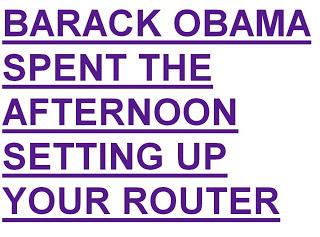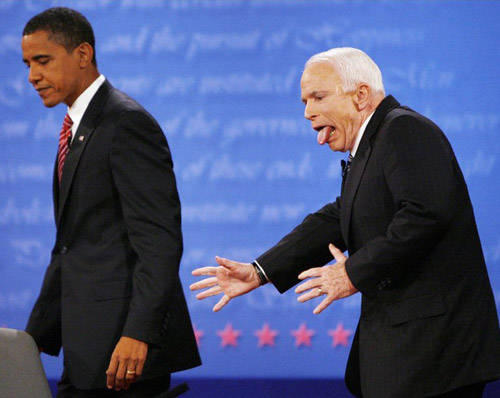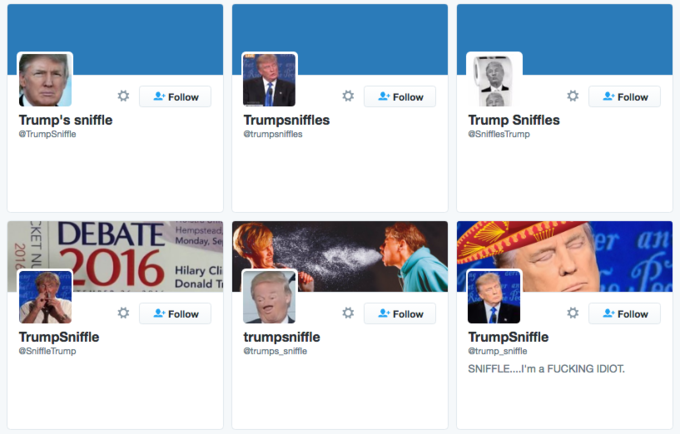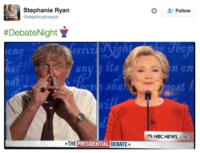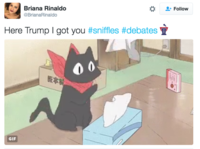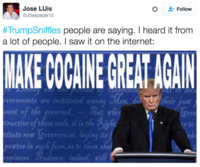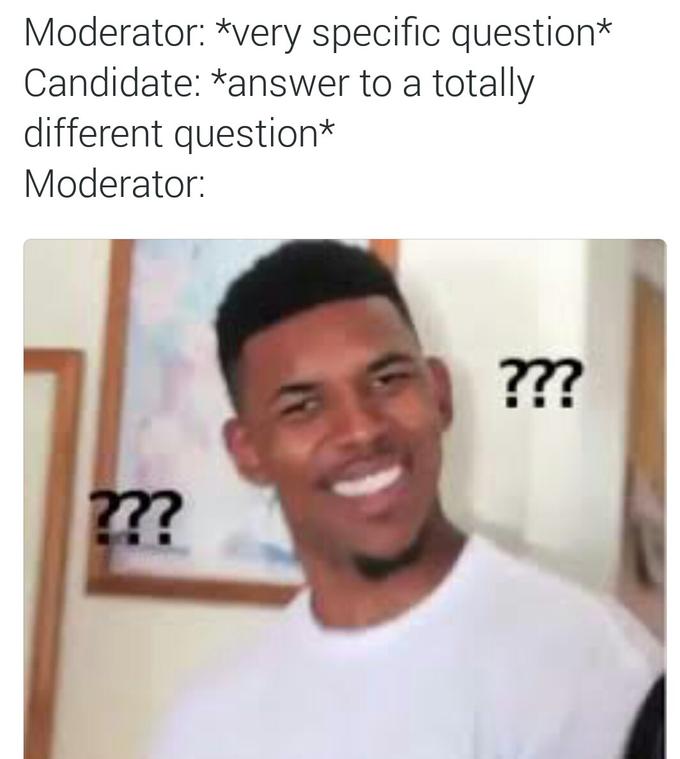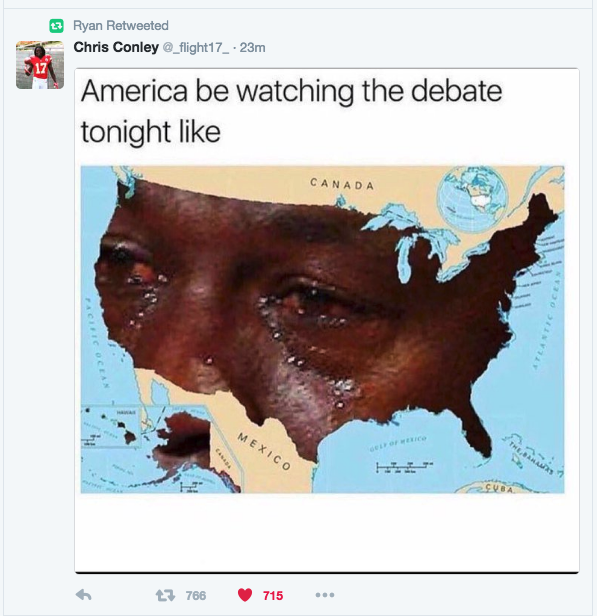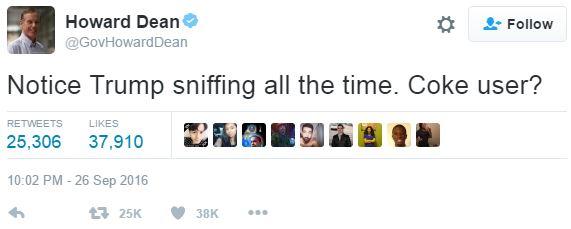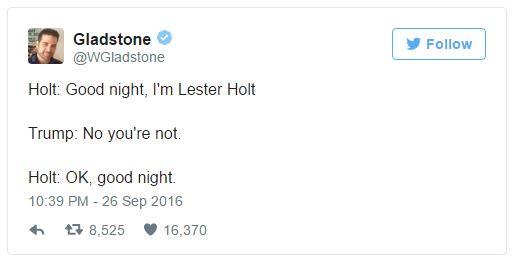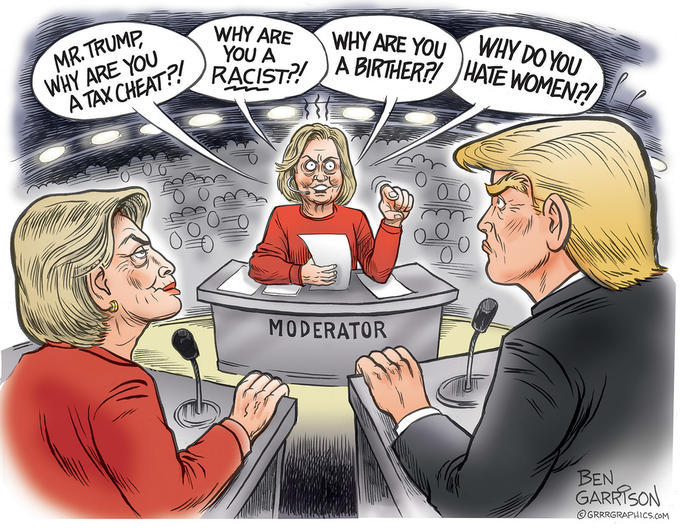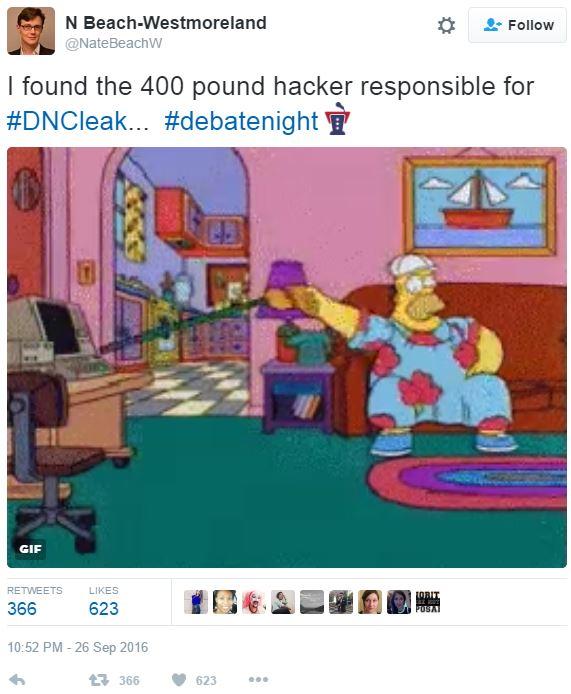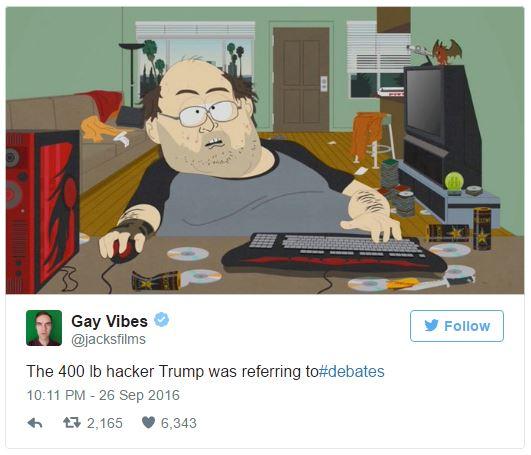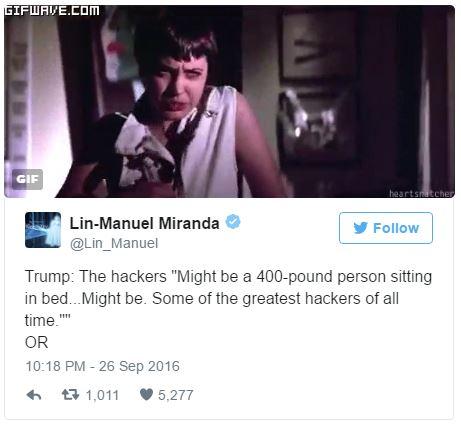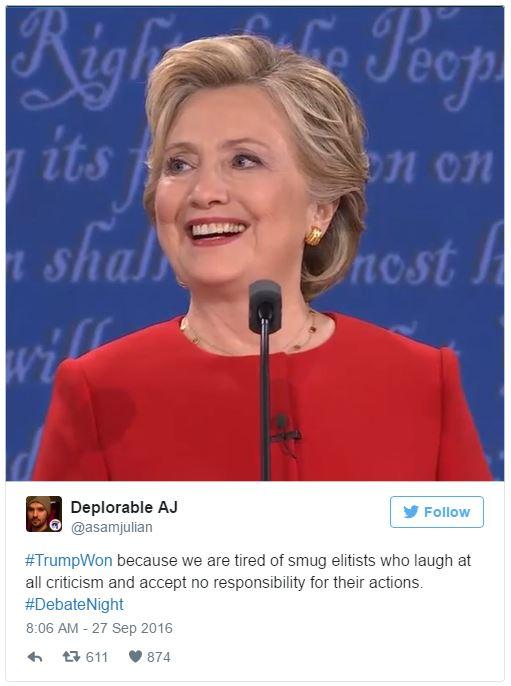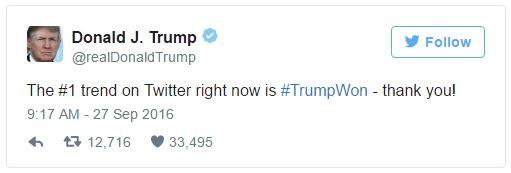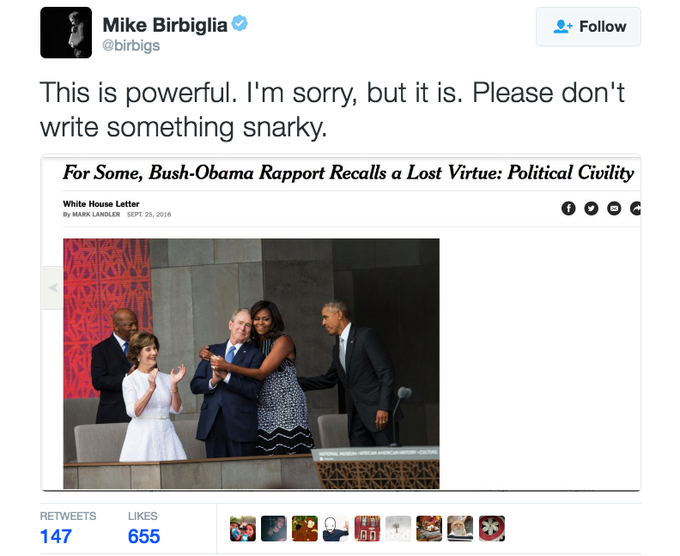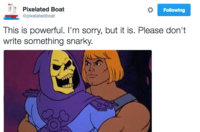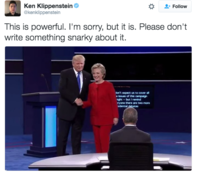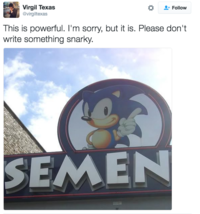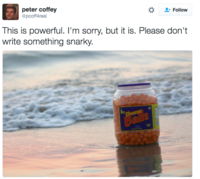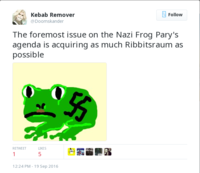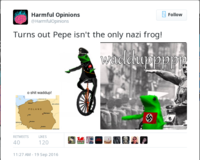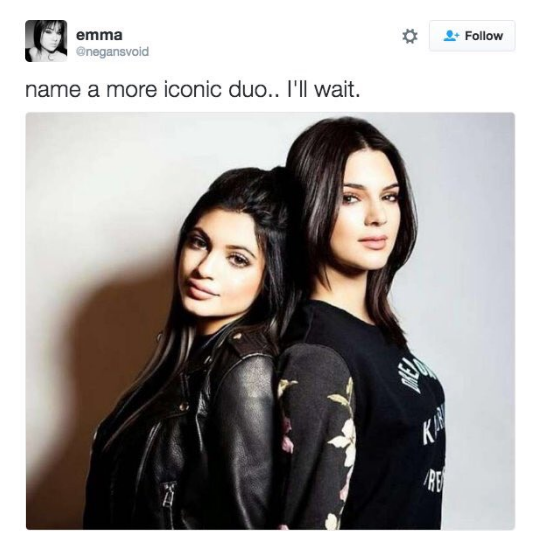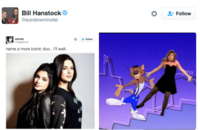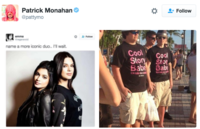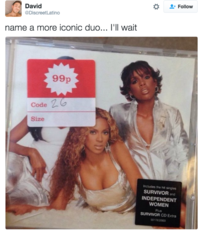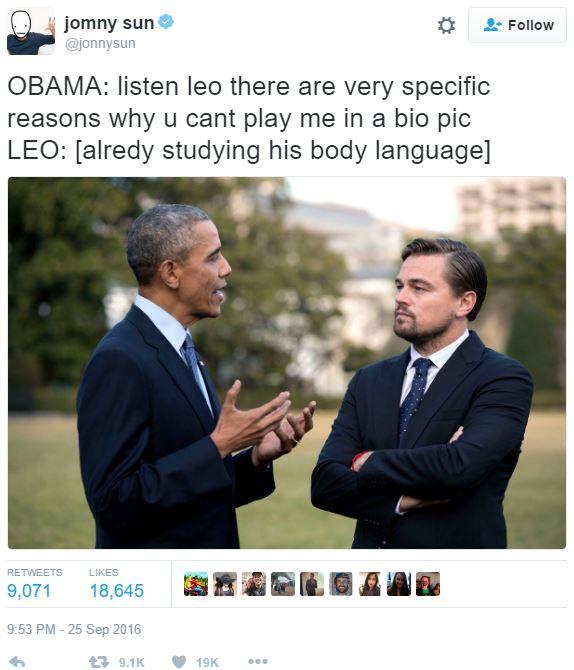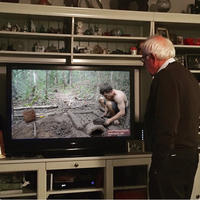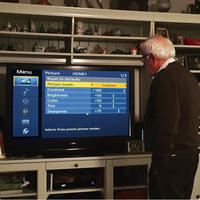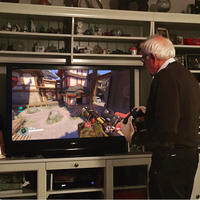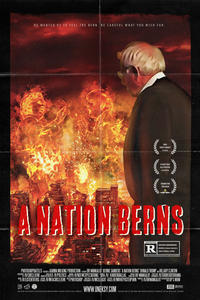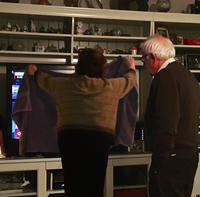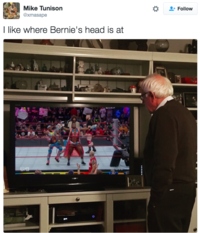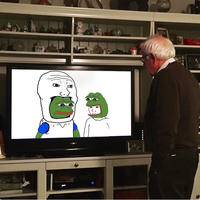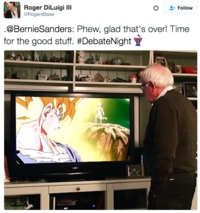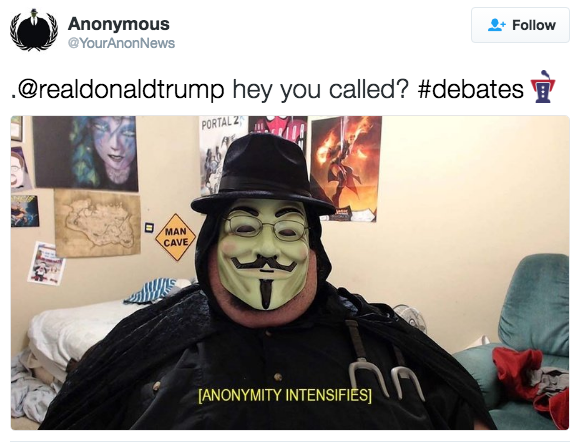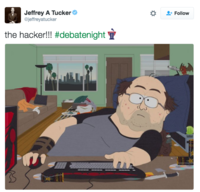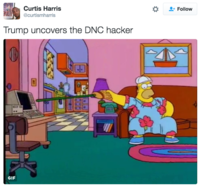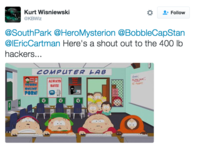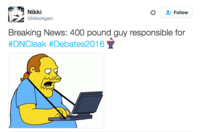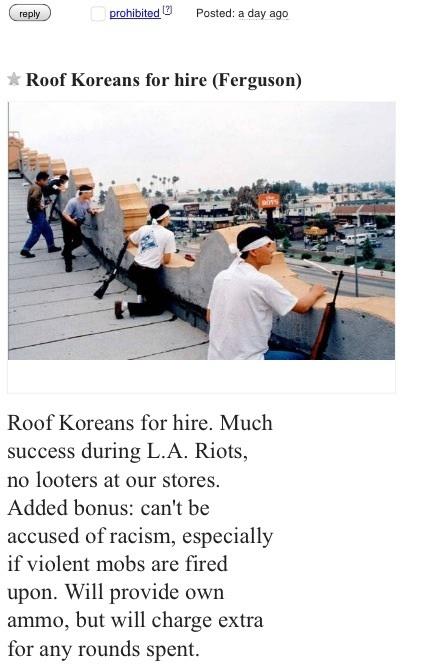Overview
The Nazi Pepe Controversy refers to the discourse surrounding a rumor spread by the Hillary Clinton campaign and several news organizations in the summer of 2016 that claimed Pepe the Frog is exclusively a white supremacist symbol.
Background
On May 26th, 2016, The Daily Beast published an article titled “How Pepe the Frog Became a Nazi Trump Supporter and Alt-Right Symbol.“ The article included an interview with Twitter user @JaredTSwift, identified as an “anonymous white nationalist,” who claimed there was a “campaign to reclaim Pepe from normies” by creating anti-Semitic illustrations of the frog character.
Developments
Hillary Clinton Campaign
On August 25, 2016, Hillary Clinton gave a speech denouncing the alt-right. During Clinton’s address, a /pol/ user posted a thread revealing that he is a member of the audience at the event, to which another user suggested to the OP that they yell “Pepe” as to interrupt her speech. In the YouTube livestream, a man off the screen can be heard yelling “Pepe!” at approximately 56 minutes in.
On September 9th, 2016, Democratic presidential candidate Hillary Clinton said that half of Donald Trump’s supporters were in a “basket of deplorables.“ On September 10th, Donald Trump Jr. posted a photoshopped movie poster on Instagram of the 2010 action film The Expendables, which features various prominent conservatives and Pepe the Frog with the title “The Deplorables.”
On September 11th, NBC News published an article about the photoshop, which referred to Pepe the Frog as a “popular white nationalist symbol” based on a statement made by Southern Poverty Law Center’s Heidi Beirich. That same day, several news sites including The Hill, Vanity Fair, Talking Points Memo and CNN published reports describing Pepe as a “white supremacist meme” and “white nationalist symbol.”
On September 12th, the official Hillary Clinton presidential campaign blog published a post titled “Donald Trump, Pepe the frog, and white supremacists: an explainer,” which labeled Pepe the Frog as “sinister” and a “symbol associated with white supremacy.”
Media Attention
Over the next 24 hours, posts about the news coverage and the Clinton campaign’s reaction reached the front page of various subreddits, including /r/cringe, /r/politics, /r/OutOfTheLoop, /r/KotakuInAction, /r/4chan, and /r/The_Donald where many Redditors mocked the Clinton campaign and the mainstream media for failing to understand the Pepe meme. Meanwhile, The Daily Dot published an article titled “Pepe the Frog is not a Nazi, no matter what the alt-right says,” stating that “Pepe lacks political affiliation.”
On September 14th, the Daily Caller published an interview with @PaulTown_ and @JaredTSwift in which the two Twitter pranksters admitted fabricating the basis of the Daily Beast report.
That same day, in an article titled “No Hillary, Pepe the Frog is Not a Racist Meme”, Ian Miles Cheong of Heat Street wrote that “no single group or ideology has ownership of the meme.” Heat Street would later retract the article and issue a full apology.
On September 17th, the Economist published the article “Pepe and the stormtroopers: How Donald Trump ushered a hateful fringe movement into the mainstream” which described Pepe the Frog as “a cartoon-strip creature co-opted into offensive scenarios” and gave the “Deplorables” poster as an example of such an offensive scenario.
On September 19th, Heat Street founder Louise Mensch wrote “Hillary Clinton Is Absolutely Right, ‘Pepe’ Meme Is Antisemitic – An Apology.” Heat Street retracted Cheong’s article in full and added a note stating “This article was wrong and we should never have published it.” Cheong said on Twitter that “I was wrong about Pepe. It has, in fact, become an anti-semitic meme.”
By September 26th, the Anti-Defamation League had added Pepe the Frog to its list of hate symbols. The ADL noted that “The majority of uses of Pepe the Frog have been, and continue to be, non-bigoted” and warned that “it is important to examine use of the meme only in context.”
Various Examples
![]()
![]()
![]()
![]()
![]()
![]()
Search Interest
External References





